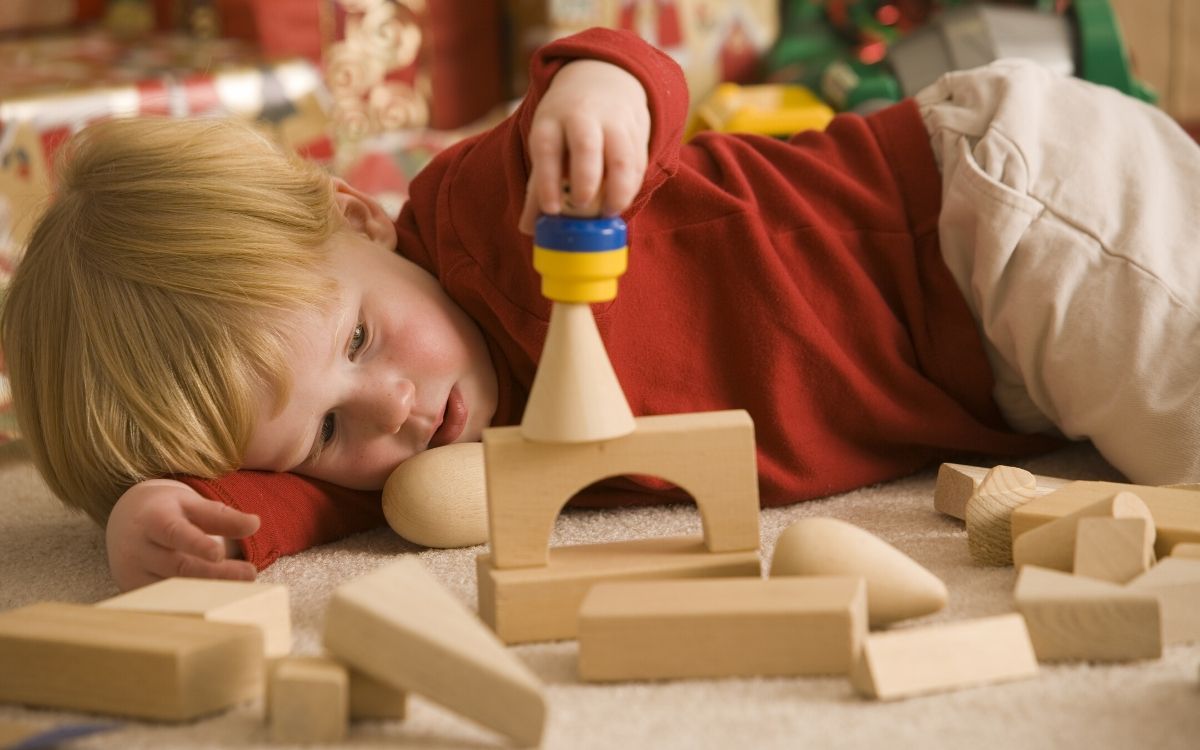Why Play Therapy works! (and why it’s considered “magic”)
The very heart of play therapy lies in the belief that children innately understand what they struggle with, they just don’t necessarily know how to fix it. And they will work on it through their play if they’re given the time, the tools, and the opportunity.
In this podcast, I talk about the story of a boy who came to see me at my practice. No one told him why he was coming, yet he discovers on his own, within 20 minutes, what issues he needs to work on.
Topics discussed in this episode
- The “magic” of play therapy
- Competence themed play
- Encouragement to play with your kids
Transcript - click to view
So I started with a little boy, he is four and I will call him Cameron. Cameron came in, it was his very first play session and the first time, especially for really young kids, it’s just… there’s wonder and there’s awe and there’s excitement and fascination! And so he was just so excited and enthralled with the playroom and kept going, “This is amazing!” And it was just pure joy being in there for him.
But he very quickly started demonstrating his capability and what he could handle and how, and explaining to me how he was going to shoot the bow and arrow or how he was going to hit the target with the velcro balls. And that is a competence theme, which essentially is the child trying to prove their worth, trying to build confidence and self esteem and understand what they’re capable of.
So very early on competence theme comes out. So he’s proving himself to me and showing me all the things that he can do. And my comment was, “Wow, you know how to do so many of these things in here even though you’ve never been in here!” And he said, “Yeah, because I’m amazing at everything.” I said, “Oh wow, you think you’re amazing at everything!” And he paused and didn’t make eye contact with me, but said, “Amazing at everything except following directions and listening.”
And I was so taken aback, but it was so endearing and I was just kind of struck in that moment that I didn’t propose that this was counseling. I didn’t explain that he was going to work through anything. I didn’t go in with an agenda or a plan to help him work on following directions and listening. We walked in and I said, “We have 50 minutes to play and you can play with all the toys in most of the ways that you’d like.” And that’s all that I said. That was the only introduction that he had to why he was there, what he was playing for. Yet within 15 or 20 minutes, he’s already explaining to me what he knows he’s struggling with as he’s playing with a bow and Arrow and with balls and with other competence-based toys.
So that was such a significant moment because the very heart of play therapy lies in the belief that children innately understand what they struggle with, they just don’t necessarily know how to fix it. And they will work on it through their play if they’re given the time, the tools, and the opportunity.
So here he is, he’s in that moment, being given the time and the opportunity – doesn’t quite have the tools yet, but he’s already trying to figure it out, telling me that the two things that he’s not amazing at are listening and following directions. So my comment back was, “Oh, you feel like maybe listening and following directions are harder to do than some of the other things that you already know how to do.” And I left it there.
But the beauty of play therapy is every time he walks into that play room, he’s going to be working on learning how to follow directions and listen effectively. Because that’s the process that kids go through. ‘I have to figure out how I’m going to get there and I’m going to play it out until it feels comfortable, and then I can master it in the real world.’
So such an encouraging reminder for me. I certainly hope you can see how kids will use those types of scenarios to express to the people around them, “This is how I know that I need to work on things,” and they’ll do it through their toys and through their play because it’s their language.
So I hope that encourages you. Take some time to spend meaningful awareness of your children’s play this week. Observe what they say, observe what they do, and I guarantee you’ll get some really important and insightful nuggets of wisdom about what your children are working on and trying to figure out as they do it.
Please like me on Facebook, subscribe to my podcast on iTtunes, and please sign up for my email newsletter so that you always get tips and information from me when I’m happy to share it. Thanks for watching. I’ll see you again soon. Bye.
Rate, Review, & Subscribe in Apple Podcast
‘When I listen to Dr. Brenna I understand my kids better!’ <– If that sounds like something you’d say, please consider rating and reviewing my show! Your ratings and reviews helps my podcast reach more people, inspiring them to build better relationships with their kids. Click here, (you need to be in your Apple Podcast app) scroll to the bottom, tap to rate with five stars, and select “Write a Review.” Then be sure to let me know what you thought about the episode!
Also, if you haven’t done so already, subscribe to the podcast. I periodically add bonus episodes to the feed and, if you’re not subscribed, there’s a good chance you’ll miss out. Subscribe now!

